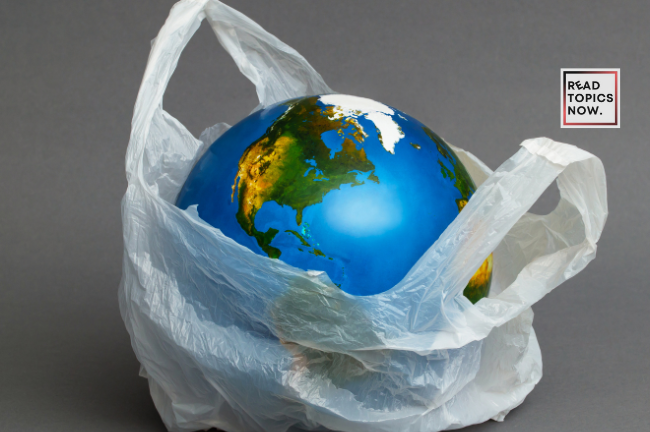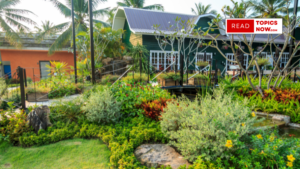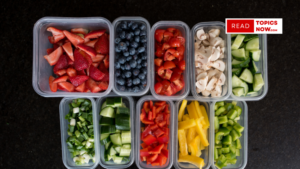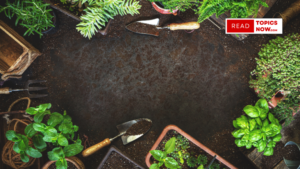
How Vanuatu a Small Island Nation Tackled Plastic Pollution

In the azure waters off Vanuatu, where pristine lagoons once faced a plastic invasion, a remarkable turnaround is unfolding. Thanks to bold governmental action and grassroots activism, this Pacific island nation has become a beacon in the fight against plastic pollution.
For decades, communities like Erakor village grappled with plastic waste choking their beloved lagoons. Local chief Ken Andrew vividly remembers a time when plastic turned their waters into islands of debris, seemingly impossible to conquer. Yet, while residents struggled, the government pondered a crucial question: could they halt the problem at its source?
Vanuatu, like many small island states, confronts unique challenges. With limited waste management infrastructure and heavy reliance on imported goods, the nation found itself inundated with plastic packaging. Ocean currents swept debris from distant shores, compounding local pollution woes.
Ban on Plastics in Vanuatu
In a pioneering move in 2018, Vanuatu enacted one of the world’s earliest bans on certain single-use plastics, including an unprecedented prohibition on plastic straws. This legislative leap sparked profound changes: thin plastic bags virtually disappeared, replaced by reusable alternatives at markets and stores. Festivals embraced eco-friendly practices, swapping polystyrene for biodegradable banana leaf wraps. As a result, banned items, once comprising 35% of Vanuatu’s waste, plummeted to less than 2%.
The impact was tangible: Erakor’s lagoons began to reclaim their clarity, a testament to the effectiveness of Vanuatu’s proactive measures.
This environmental triumph owes much to Christelle Thieffry, a long-time resident whose Facebook initiative, “no plastic bag, please,” galvanized public support. Starting with a simple petition in 2017, Thieffry’s campaign swiftly garnered 2,000 signatures, prompting national attention and legislative action. The government, spurred by citizen outcry and environmental urgency, entrusted Ralph Regenvanu, then foreign minister, to devise and enforce the ban. Fines for violations underscored the seriousness of the endeavor, ensuring compliance across communities.
Building on initial success, Vanuatu expanded its initiative in 2020, broadening the ban to include additional disposable plastics such as cutlery and plates. Today, the nation’s proactive stance not only preserves its pristine natural beauty but also sets a global example of effective environmental governance.
Vanuatu’s journey underscores the power of community mobilization and decisive government action in tackling pressing environmental challenges. As the world grapples with plastic pollution, Vanuatu’s story serves as a beacon of hope and a blueprint for sustainable change.
More About Plastic Pollution Solution
Plastic pollution remains a critical environmental challenge, with vast quantities of plastic waste entering our oceans and ecosystems annually. According to data from the U.S. Environmental Protection Agency (EPA), in 2018 alone, the United States generated over 35.7 million tons of plastic waste, with only 8.7% recycled. This staggering amount underscores the urgency of finding effective solutions to mitigate plastic pollution’s impact on our planet.
Governments and organizations worldwide are increasingly focusing on strategies to combat plastic pollution. Initiatives range from policy interventions like bans on single-use plastics to innovative recycling technologies. For instance, the European Union has set ambitious targets to ensure all plastic packaging is recyclable or reusable by 2030.
Moreover, grassroots movements and consumer awareness campaigns play a pivotal role in reducing plastic consumption and promoting sustainable alternatives. As global efforts intensify, collaboration across sectors remains crucial in safeguarding our oceans and environment for future generations.
Related Posts
Get Curated Post Updates!
Sign up for my newsletter to see new photos, tips, and blog posts.

SEO-savvy content writer and technical specialist with over 5 years of cross-industry experience. MBA graduate dedicated to crafting impactful narratives for your brand.





